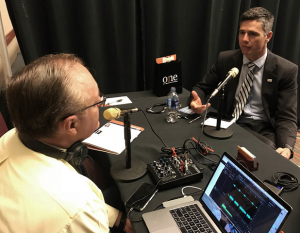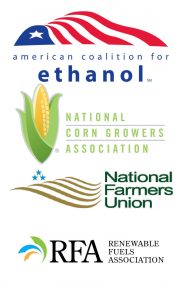 A new track system and a new draper lineup are among updates to harvest equipment coming from John Deere.
A new track system and a new draper lineup are among updates to harvest equipment coming from John Deere.
A new track system is now fully suspended, offering the ability to transport up to 25 miles per hour from field to field. Track widths are available in 30-inch or 36-inch options. The company now also offers seven draper headers to better serve farmers, especially those harvesting higher volume crops like canola or other small grains.
“It really is just adding additional versatility to this draper,” said Matt Badding, technical marketing manager for harvesting equipment. “A lot of producers want to cut both on and off the ground. Perhaps they have both wheat, and then they have some lentils, or some soybeans or edible beans, and so they want that versatility of having one head to be able to go on and off the ground, and that’s really what we focused on.”
Badding said the company continues to enhance the MyOperations app and encouraged users to look for updates this summer and fall. He said 2019 combine models will be on display at 2018 fall farm shows with full production beginning on the combine and the draper line in fall 2018.
Listen to Chuck’s interview with Matt here: Interview with Matt Badding, John Deere









